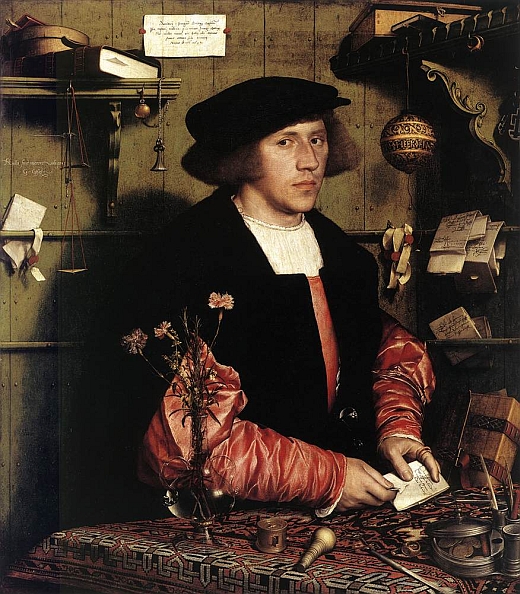
Jedes Verlangen nach Ruhm ist ehrbar, aller Kampf um das Tüchtige lobenswürdig; mag doch jedem Stand seine eigene Ehre bleiben ihm eine eigene Zierde gewährt sein; jene Ahnenbilder will ich nicht verachten so wenig als die wohlausgestatteten Stammbäume, aber was auch deren Wert sei, ist nicht unser eigen wenn wäre es nicht durch Verdienste erst eigen machen auch kann es nicht bestehen wenn der Adel nicht Sitten, die ihm geziemen, annimmt. Vergehens wird ein fetter und beleibter jener Hausväter die Standbilder seiner Vorfahren Dir aufzeigen, indes er selbst untätig eher einem Klotz ähnlich, als daß es jenen die ihm mit Tüchtigkeit voranleuchteten zu vergleichen wäre.
All longing for fame is honorable, all struggle for the virtuous is worthy of praise. Even if we accord to every class its own honor as an individual ornament—still, all those portraits of ancestors I will not despise so much as the well-drawn family trees, whatever their worth may be, the nobility they show is not our own unless it is so made through our own achievements, and neither can it subsist unless the nobility take on the good morals which behoove them. In vain will an unseemly character among these nobles show you the portrait gallery of his ancestors, for if he himself is unworthy of the comparison to those who showed the way before him with their virtues, then he will seem more a klutz than a nobleman.
—Ulrich von Hutten, letter to Wilibald Pirckheimer, Oct. 25, 1518 (transl. of the Latin original, epistola vitae suae rationem exponens, by Jacob Burckhardt; English transl. S.H.)



